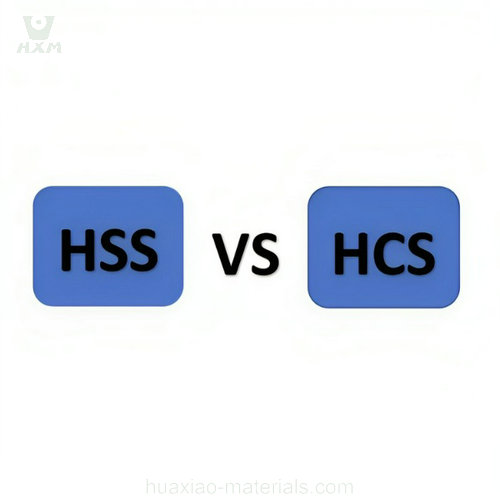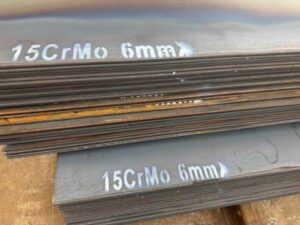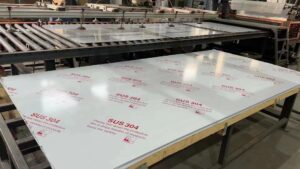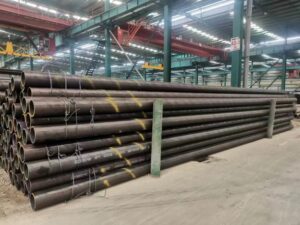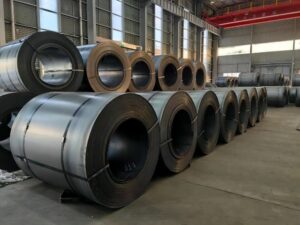
Carbon steel magnetic, mainly due to the presence of iron in it. Iron is a magnetic element, and when iron atoms are arranged to form a ferromagnetic region, they form a magnetic moment in that region and exhibit strong magnetism. Carbon steel is an alloy of iron and carbon, which has a high content of iron, and therefore carbon steel is also magnetic.

